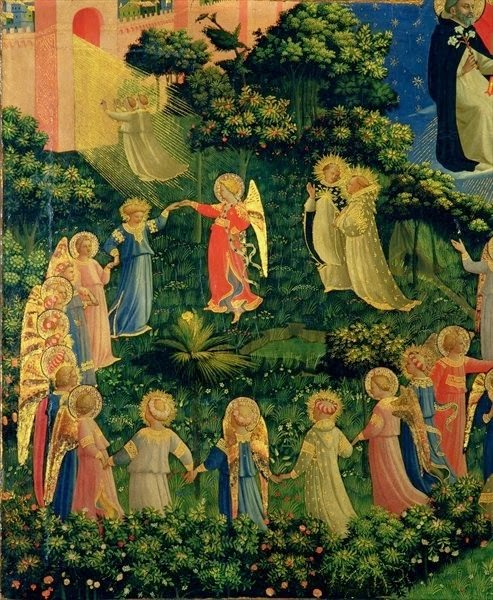Seneca
Presbyterian Church will commission our Parish Nurse Ernie Lombard at both
worship services on November 9. It will be a day to celebrate the long
tradition of Christian congregations being involved in the ministry of healing.
I first heard of the concept of a Parish Nurse – they are also called Faith Community
Nurses – in the late 80s while serving St. John’s Baptist Church in Charlotte,
NC. Presbyterian Hospital had received a grant from the Duke
Endowment to place Parish Nurses in six Charlotte congregations. Since St. John’s
sits right beside Presbyterian Hospital, it was logical for that congregation
to be approached with the possibility. Tom was pastor at the time and he was
intrigued by the idea. I was a bit of a skeptic.
I reasoned that just about all
the thousand plus members of St. John’s had access to good doctors and medical
care. Why did we need a Parish Nurse? It did not take long for me to turn from
skeptic to supporter.
I watched as Dianne took blood
pressures during office hours while listening to the challenges of aging. I saw
her step into a medical crisis where a wife was all alone in making life and
death decisions for her suddenly critically ill husband. She interpreted
medical data for me, and help many stay just as healthy as possible. She organized
a congregation as it responded to the hospice needs of a member dying with cancer.
And she helped us understand the AIDS epidemic. Remember: this was the late 80s
and churches did not know how to respond to the fears of a new and frightening
health care challenge.
Our SPC Parish Nurse has been on
the job since the first of August. The world of health care is a bit different
now than in was in the 80s. People check their own blood pressures at home. But
they are also called upon to perform nursing duties at home that in the not so
distant past would have been done by nurses in hospitals. Remember when we
actually stayed in the hospital a couple of days after surgery? Now it’s often
in and out on the same day.
Retirees make up the bulk of
membership at Seneca Presbyterian Church. Many are “young” and vital, traveling
freely to see the wonders of the world and the wonders of their grandchildren.
But many have slowed down from that pace. They stay close to home. They live
with the pain of aging joints. They know what it’s like to see numerous doctors
on a regular basis. Often their extended families are not nearby. Many don’t
have children or grandchildren around to help out when a medical crisis hits.
So we have Ernie to help us assess how we can be church for each other, deal
with medical devices that come home with post-op patients, and see to it that
folk get to physical therapy sessions when needed. And so very much more.
Parish Nursing began in Chicago
in 1985. It has been a recognized nursing specialty since 1997. It is estimated that there are over 10,000
Parish Nurses in the United States and around the world. (You can learn more at
www.parishnurses.org.) By bringing
this aspect of health care into churches, we acknowledge the divine gift that
is our bodies. We can support each other in keeping them just as strong as they
possibly can be. But the relationship also works the other way. We can bring faith
in the spiritual aspects of healing to the medical world. Because when you
place your faith in the God who creates bodies, the Son who healed them, and
the Spirit who brings peace when they are challenged, you realize there is vast
difference between curing disease and healing lives.
If you want to see more of what
that means, I recommend checking out Ed’s
Story. It is a video series produced by Flannel (www.flannel.org). Ed is a retired pastor with
ALS. As his journey is highlighted in these videos, we see honesty, despair,
grief, challenge, hope, purpose, and gratitude. We at SPC have our own Ed who
is also living with ALS. With the Spirit’s care, Ernie’s guidance, and our love
for our Ed, we plan to walk that journey with him and his family.
In our world, disease is inevitable, and
cures may or may not be possible. Healing always is. It comes in the power to
claim and live the grace, mercy, peace, and hope of God that surpasses all
earthly reality.
Guess that's why a church needs a Parish Nurse
- and so does the world.







